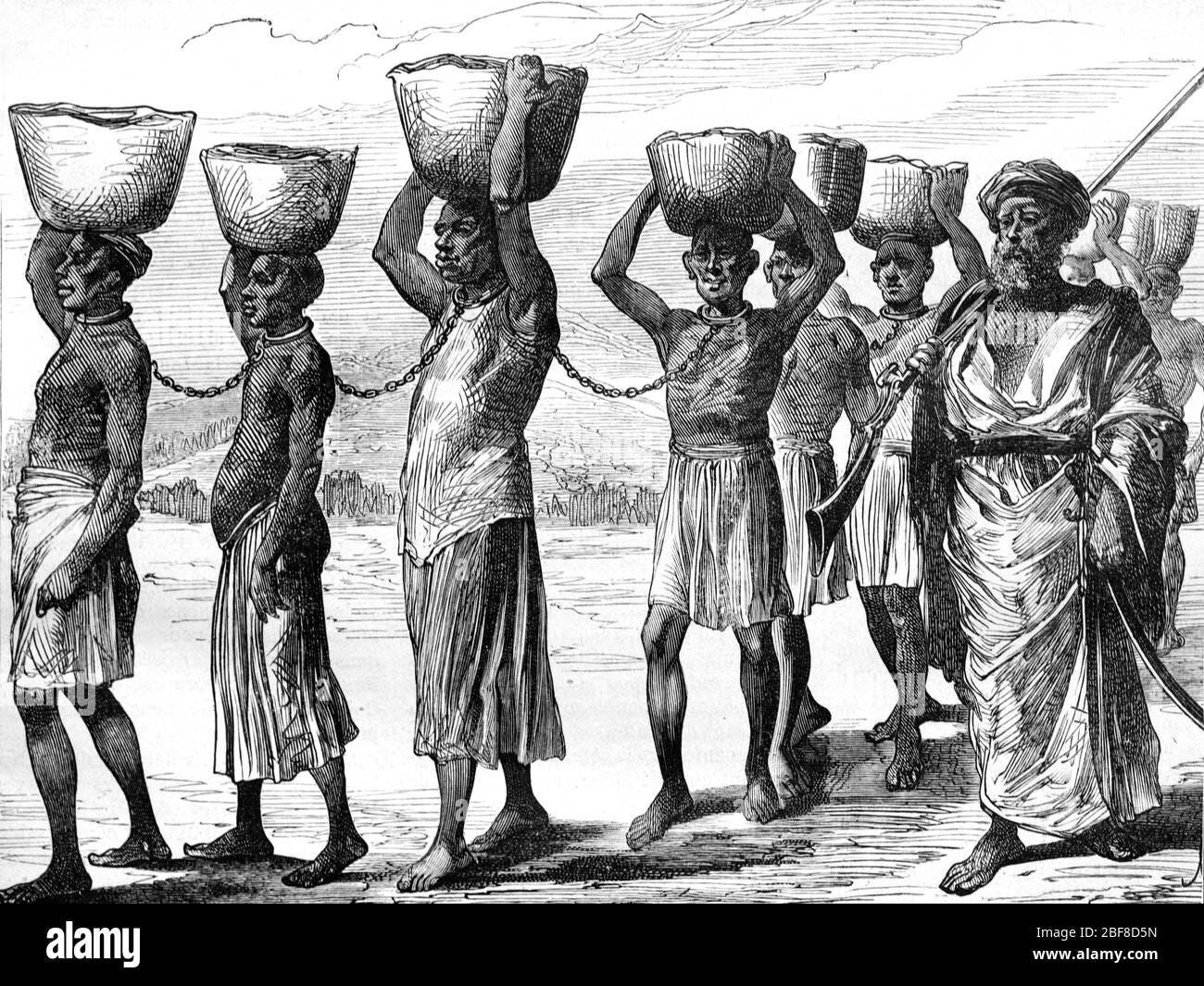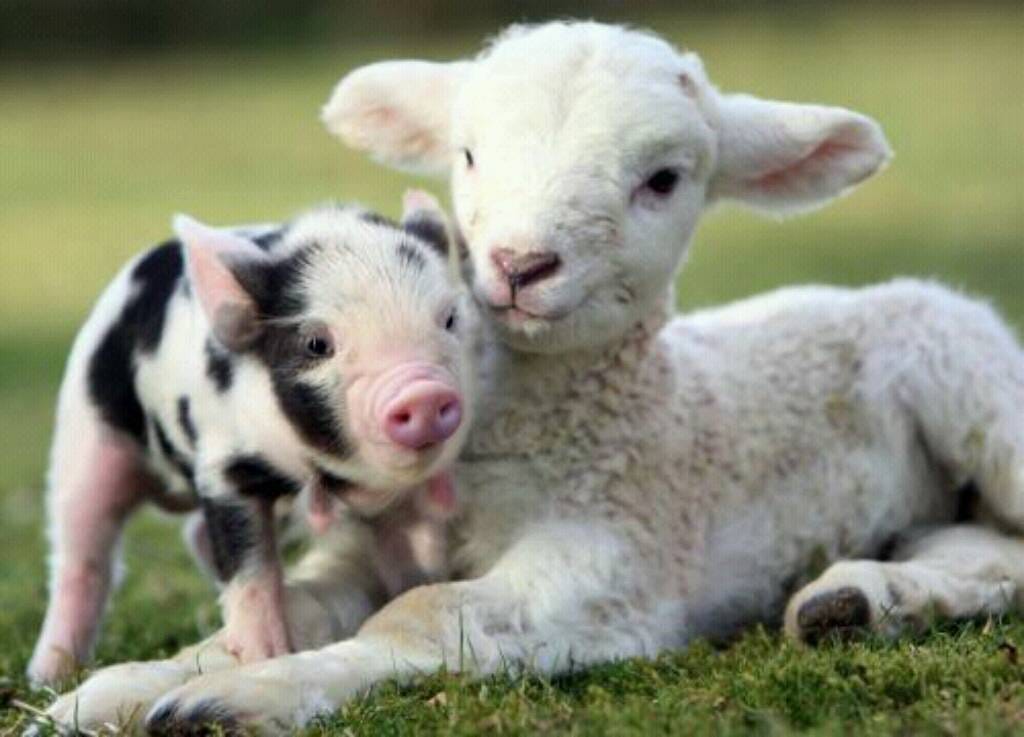Reply to Walter Block on Ethical Vegetarianism
Here, I respond to Walter Block about ethical vegetarianism.* Block is a libertarian economist whom I met when I spent a year (on sabbatical) in New Orleans. He’s written hundreds of articles and books about libertarianism. I got him to write a review/commentary on my then-recently-published book, Dialogues on Ethical Vegetarianism. I replied to him, then he replied, then I replied again. So this is a summary of my first reply (which itself only addressed some main points from Block’s review).
[ *Based on: “Reply to Walter Block on Ethical Vegetarianism,” Studia Humana 10 (2021): 41-50. ]
Btw, the 2nd edition of my Dialogues is coming out in June. Preorder it: https://www.amazon.com/dp/1032291028/
1. Methodological Points
The argument from libertarianism
One of Block’s favorite argument forms is the Argument from Libertarianism, which has a positive and a negative variant. The positive form:
Libertarianism says that P.
Therefore, P.
The negative form:
Libertarianism doesn’t say that P.
Therefore, who cares about P?
Both of these are unreasonable. Suppose that “libertarianism” only accords rights to humans. This provides no reason at all to believe that in fact only humans have rights. Or suppose that libertarianism doesn’t say anything about animal interests. This provides no reason to discount the importance of animal interests. (Compare: libertarianism says nothing about heart health; it doesn’t follow that a libertarian shouldn’t care whether he’s having a heart attack.)
2. Objections to the Case for Veganism
2.1. “Pain can be good”
I said that factory farming is wrong because it causes enormous pain and suffering.
Block objects that pain can be good — e.g., if you’re a masochist, or if the pain is part of a deserved punishment.
Reply: Factory farm animals are not sexual masochists, nor are they being justly punished for some crime they committed.
2.2. “Rights require homesteading”
Block suggests that, to have rights, one must claim them (just as, to acquire ownership rights in some land, one must homestead the land). Since animals have not claimed any rights, they don’t have any.
Problem: This implies that babies and mentally disabled people don’t have rights either, which seems wrong.
Block then suggests that maybe they have rights because other members of their species have claimed rights.
Problem: This is obviously arbitrary and ad hoc, and it contradicts how homesteading normally works. If you settle on a piece of previously-unowned land, then you acquire that land. The rest of the human species does not thereby acquire that land or anything else. If someone claimed that they did, surely Walter Block would laugh the suggestion out of court.
2.3. Reductio of the Risk Argument
In my book, I suggested that if there is any reasonable chance that animal interests matter to some non-negligible degree, then we have to stop factory farming because the expected degree of badness of it is enormous, given the large number of animals being tortured and killed (about 83 billion, worldwide, per year).
Block retorts that almost any action has some nonzero probability of causing some enormous harm. E.g., maybe sitting on chairs causes unfathomable agony to the chairs. Therefore, by appealing to expected utility reasoning, one can show that it’s wrong to sit on chairs.
Reply: The probability that chair-sitting causes agony is negligible. Also, there is no reason why that should be more likely than the hypothesis that chair-sitting relieves agony, or that refraining from sitting causes agony.
By contrast, the probability that factory farming causes animal suffering is extremely high, whereas the probability that it instead relieves suffering is negligible.
2.4. “Farming is good for animals”
Block suggests that buying meat is good for animals, because it causes more animals to be raised, and (he assumes) it is better for farm animals to get some life than to never be born at all. Therefore (I guess?), it’s permissible to buy meat from factory farms.
Problem #1: This is analogous to an argument in favor breeding people to be slaves, then enslaving those people. Those specific individuals wouldn’t exist if not for the slavery industry.
Block’s reply to this problem is confusing, but it appears that he accepts the analogy, and he accepts that owning people who were specifically bred to be slaves would be permissible. This, to me, calls into question his libertarian credentials.
Problem #2: Instead of torturing animals in factory farms, we could have only humane farms. This would be better for the animals, so there’s still no reason to allow factory farms.
Problem #3: The lives of factory farm animals are so miserable that it would be better if no such lives existed.
2.5. “Animals kill other animals, so it’s ok for us to kill them” (?)
The logic of this is unclear. Maybe the suggestion is that other animals are so bad that they deserve to be killed and eaten?
But human beings have been murdering, robbing, raping, and torturing each other throughout history. If anything, humans seem morally worse than nonhuman animals. So the same logic would suggest that it’s okay to kill humans.
2.6. “Rights imply responsibilities”
Since animals don’t have any responsibilities, they must not have any rights either.
Reply: This implies that babies, mentally retarded people, and some mentally ill people would also have no rights.
2.7. “Utilitarianism supports rape”
Block says that utilitarianism is a flawed ethical theory because it implies that rape is permissible, provided that the rapist’s pleasure outweighs the victim’s suffering. To avoid this consequence, we should posit rights, such as the right to control one’s own body.
Reply: This objection has nothing to do with anything I said. I didn’t assert utilitarianism, nor did I say or think that no one has any rights. It’s particularly odd that Block would think I said these things, given that he also seems to think that I’ve been saying animals have rights.
In fact, all I’ve been saying is that one shouldn’t cause enormous pain and suffering for the sake of relatively minor benefits for oneself. That doesn’t imply that there are no rights, that rape is okay, etc.
2.8. “Experts are fallible”
I noted that a large majority of people who work in animal ethics appear to agree that factory farming is wrong, and buying meat in normal circumstances is wrong. Indeed, in academic philosophy, it is very rare to find anyone disputing this, as opposed to people who agree that it is obviously wrong but say they are too weak-willed to stop doing it (which is very common).
Block objects that experts are fallible. But this is no reason for ignoring the experts, unless you somehow think that you’re infallible, or that non-experts in general are infallible.
2.9. Shutting down modern society
Block worries that nearly all modern technologies cause some amount of suffering and death. Therefore, wouldn’t my general opposition to these things require me to endorse a complete shutdown of modern society?
Reply: This is silly. If one opposes causing vast amounts of pain and suffering for the sake of trivial benefits to ourselves, it doesn’t follow that one must support a complete moratorium on all technologies that cause any suffering, no matter how small.
Factory farming kills ~83 billion animals worldwide, per year. There have only ever been 110 billion humans on the Earth. So in 2 years, we kill more animals than the total number of humans who have ever lived. The suffering we’re causing is probably thousands or even millions of times greater than the benefit we enjoy. If there is ever a case of suffering that one should oppose, this is it.
Would Block say that if I don’t want, say, to throw babies into a fire because of the pain and death it will cause, then I must support shutting down modern society?
3. Opposing Suffering
Block claims to oppose suffering. E.g., he writes, “I join [Huemer] in opposing suffering, whether for man or beast. The world has far too much misery. Any reduction is to be fervently welcomed.” Nor does he ever dispute that factory farming causes enormous suffering for the sake of minor benefits. Yet somehow he never brings himself to condemn factory farming or concede the wrongness of buying its products. He goes off on many tangents but doesn’t squarely address that central issue.
If you are really against suffering in any serious sense, then you have to be against a practice that causes, every few years, a quantity of suffering comparable to all the human suffering in all of history, and that produces a relatively tiny amount of enjoyment for us in exchange. You can’t be indifferent to that, or continue to actively contribute to that practice, and still say that you oppose misery and pain.





This article had me laughing uncontrollably.
I'm a vegan libertarian. Sometimes I think it's worth driving home the obvious, Name the Trait style: "species" doesn't have a clear definition, but mostly just means we can interbreed. So if there were severely mentally disabled 'people' we couldn't interbreed with, but were otherwise basically identical to their human counterparts, would Block say it's OK to factory farm them? If not, he hasn't specified what he thinks is true of animals that if true of humans would justify factory farming them.
But if he bites the bullet because otherwise they wouldn't exist (for both humans and animals), that's at least consistent, although absurd.